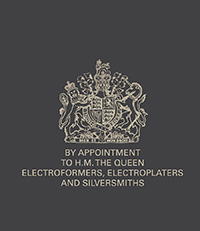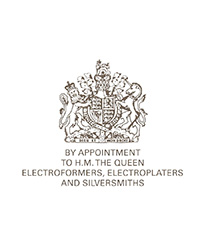
Conflict Minerals Policy Statement
We have adopted this conflict minerals policy in support of the U.S. Conflict Minerals Rule and as part of our commitment to responsible sourcing. Under that Rule, “conflict minerals” are Tin, Tantalum, Tungsten and Gold (also known together as “3TG”), which are derivatives of Cassiterite, Columbite-Tantalite, and Wolframite, regardless of where they are sourced, processed or sold. The intent of the Conflict Minerals Rule is to address violence and human rights violations in the mining of these minerals from portions of an area described as the “Covered Countries,” meaning the Democratic Republic of the Congo (DRC) and its surrounding countries. The Conflict Minerals Rule applies to manufacturers like BJS Company Ltd who file periodic reports with the U.S. Securities and Exchange Commission (“SEC”) and who manufacture or contract to manufacture products containing 3TG that are “necessary to the functionality or production” of those products.
BJS Company’s Policy:
BJS Company supports the objectives of the Conflict Minerals Rule. Furthermore, we do not knowingly procure any 3TG that originates from the Covered Countries unless they are processed by smelters and refiners that are verified or in the process of becoming verified as “conflict free.”
Our due diligence processes and efforts conform to the relevant portions of the Organisation for Economic Co-operation and Development’s (“OECD”) internationally recognized due diligence framework for responsible supply chains of minerals from conflict-affected and high-risk areas (CAHRAs). Consistent with the foregoing and the Conflict Minerals Rule, we ask our suppliers to undertake reasonable due diligence with their supply chains to determine the location from which 3TG is being sourced and whether the smelter or refiner has been verified by an independent third party as “conflict free.”
These requests are supported by BJS Company’s Supplier Code of Conduct and Terms and Conditions of Purchase, which require our suppliers upon request to conduct their own due diligence and provide written documentation as to whether products containing 3TG used in the manufacture of our products originate from outside the Covered Countries, or, if they originate from within the Covered Countries, that the mines or smelters be verified as “conflict free” by an independent third party.
If we discover that products procured by us contain 3TG from the Covered Countries that is processed by facilities that are not third party-verified or in the process of becoming verified, we will take steps to transition the product to other smelters and refiners that conform to this policy. We do not seek to embargo responsibly sourced 3TG from the Covered Countries (as doing so could be detrimental to the legitimate economies and populations of those countries). Suppliers are therefore encouraged to continue support of verified smelters in the Covered Countries and to take similar measures with their supply chains.
The information provided by BJS Company’s suppliers is used to conduct our due diligence. In addition to assessing supplier reports for completeness and consistency, we compare the smelter and refiner lists provided by our suppliers with the Responsible Mineral Initiative’s list of compliant smelters and refiners to determine which facilities are third party-verified or in the process of becoming verified. Information provided by our suppliers is used to inform our risk assessments and risk mitigation activities.
BJS Company encourages any interested party to communicate any issues and concerns regarding BJS Company’s supply chain, including issues and concerns relating to conflict minerals directly to me by email to ral@bjsco.com.
Richard Lewis
Chief Executive Officer
Issued February 2019



